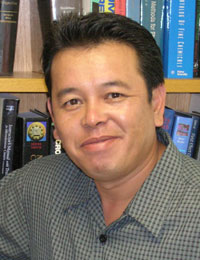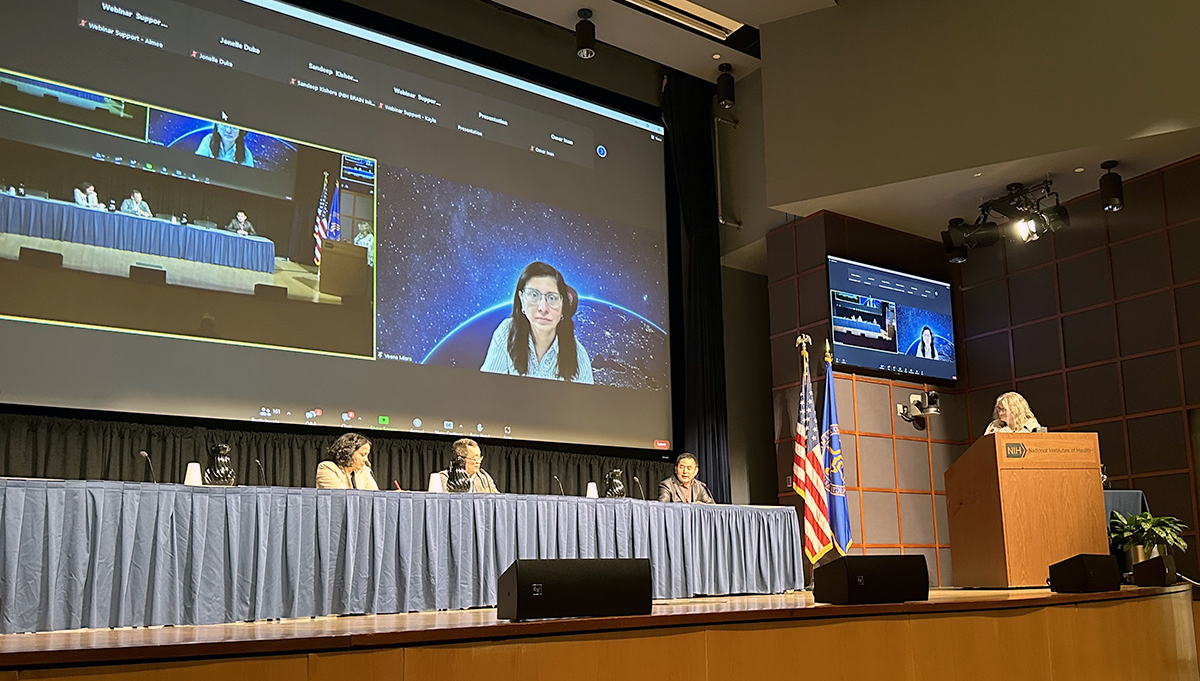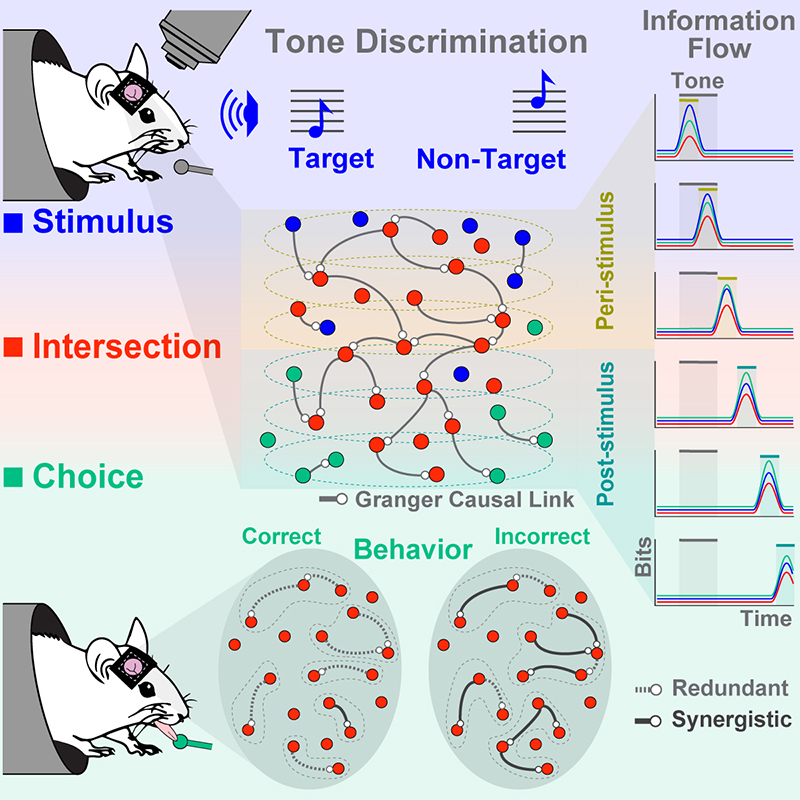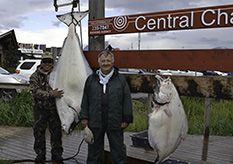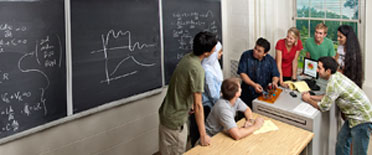News Story
Gomez' Team Patent Has Far Reaching Impact on Cancer Detection Technologies".
Each year the Center for Advancing Innovation, part of the National Institutes of Health, holds a Nanotechnology Start up Challenge in Cancer (NSC2). Inventions that can help with the detection and treatment of cancer are used by participants of the competition to form startup companies to aid in the fight against cancer. Professor and Associate Chair for Undergraduate Education in the Department of Electrical and Computer Engineering, Dr. R. D. (Mel) Gomez (ECE) and his team of experts have played a major role in this challenge. Four of the ten winners of NSC2 used the technology he and his research team invented. “It is nice that our work has gone beyond scientific publications and into potentially important solutions to real world problems. It is very gratifying,” says Dr. Gomez.
Dr. Gomez and his team in the Electrical and Computer Engineering Department of the University of Maryland conceived “An apparatus containing microarray binding sensors for gene expression and nucleic acid binding assays”. The technique allows electronic detection of DNA or RNA sequences or genes. Two fundamental characteristics of nucleic acids are exploited, specifically highly precise complementary binding between two strands and the intrinsic charge of one electron per nucleotide. An array of carbon nanotube transistors acts as a very sensitive electrical sensor to detect the presence and relative concentration of a specific gene in an assay. Dr. Gomez and his team have obtained a United States Patent and European Patents in France, Germany, Ireland, and Great Britain for this technology.
In addition to being the Associate Chair for Undergraduate Studies, Dr. Gomez focuses his research on the areas of nanotechnology, magnetism and biochemical detection with emphasis on the phenomena and process at the atomic and molecular length scales. He received his Ph.D. in Condensed Matter Physics from the University of Maryland, M.S. from Wayne State University in Experimental Atomic Physics and B.S. degree from the University of the Philippines. He has co-authored more than 100 scientific publications, including several book chapters and three US patents in the general area of nanotechnology.
The Nanotechnology Startup Challenge in Cancer is a contest that develops start-up companies based on inventions that are conceived and developed by scientists from National Institutes of Health in alliance with other institutions. The 2016 winners were announced on Tuesday, July 26, 2016. The goal of the challenge is to accelerate and increase the volume of commercialized cancer nanotechnology by launching new startups. It is used to accelerate the translation and development of nanotechnology solutions for the early detection, diagnosis, and treatment of cancer.
Published July 29, 2016
